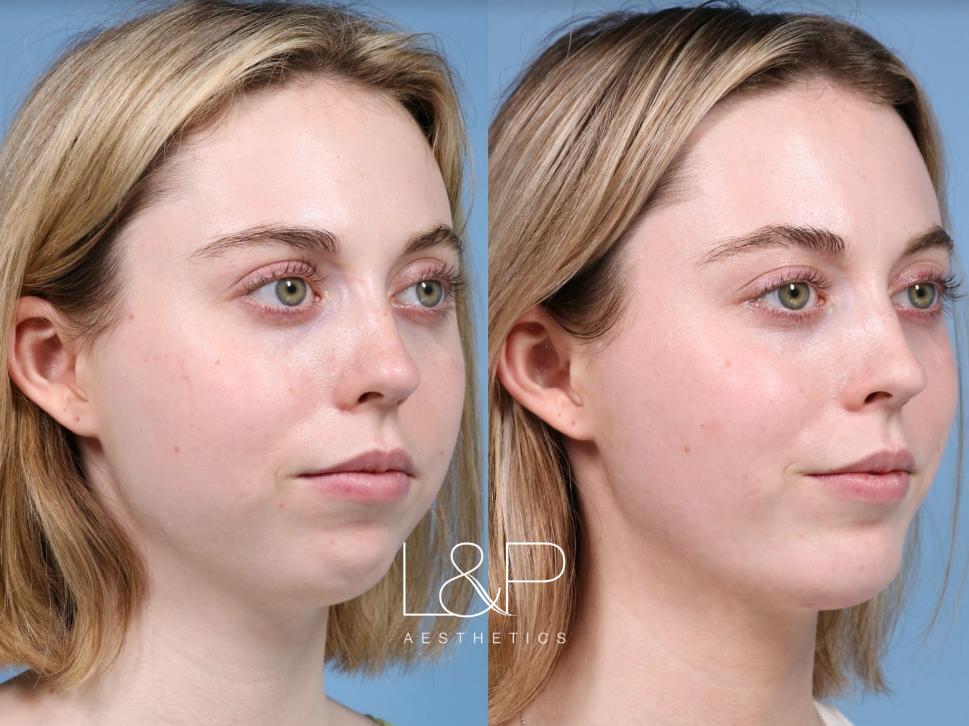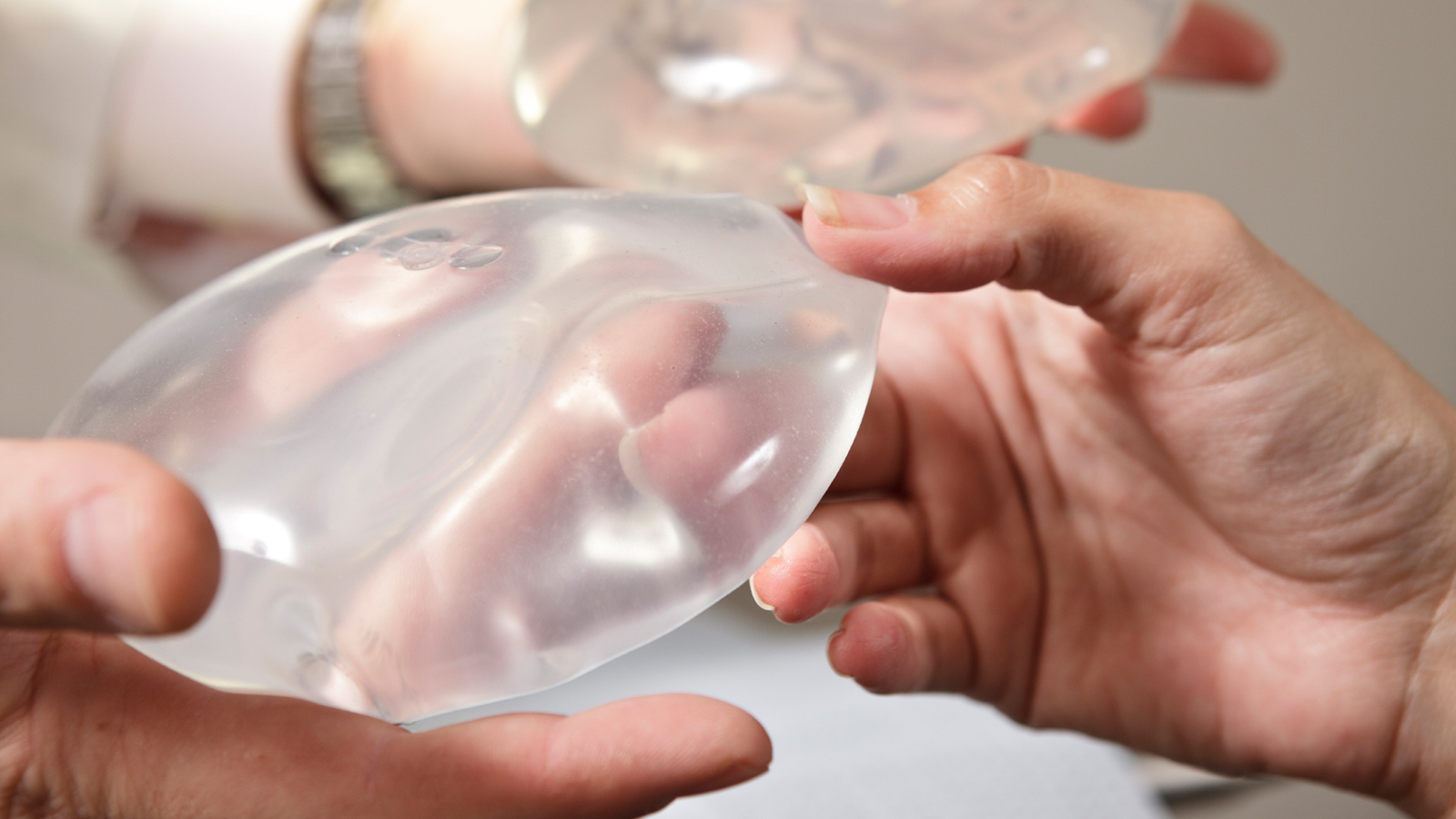
Consider your options to help you get an idea of the cost of a breast reduction. To help you assess the cost of breast reduction surgery, ask your surgeon to take pictures and provide details about your symptoms. Also, make sure to contact your insurance provider as soon as possible to discuss your options and your deductibles. By being prepared for the unexpected, you can avoid any unpleasant surprises after the surgery. You can find out what a breast resection costs by reading on.
Average cost of breast reduction surgery in the U.S.
The average cost of breast-reduction surgery in the U.S. is approximately $5,000 to $12,000. Prices can vary widely. These prices include the surgeon's fee, facility fees, anesthesia fees, and the cost of implants if desired. These prices are often higher for patients with large breasts, which require extra work to remove excess tissue and reshape the nipple area. Before selecting a surgeon, ask about fees for pre-op labs, travel, and lodging.
If breast reduction is considered medically necessary, insurance and Medicaid may pay for it. Medical necessity requires that the breasts cause documented medical problems and significantly impair one's quality of life or ability to function. Ask the plastic surgeon about your particular insurance plan. You should speak to your insurance company before you schedule your surgery.

Variations in cost
The total cost of a breast reduction depends on several factors, including the amount of tissue removed and the type of implants used. Pricing is affected by complexity and length of procedure. A capsulotomy involves removing scar tissue around an implant to reduce compression. Pricing is also affected by the type and number of implants that a woman has. Health insurance may cover the procedure. While the procedure is possible for both males or females, it can often be more costly in borderline cases.
A breast reduction procedure costs on average $8,200. Prescription medication and pre-operative medical clearance are not included in this price. The final cost will depend on the expertise level, location and number of surgeons. Patients should check with their surgeon's office to get an accurate estimate of the cost before the procedure. Many surgeons offer financing options for patients and waive the consultation fee. No matter if you have health insurance, it is important to research the cost before you choose a surgeon.
Insurance coverage
If you are considering undergoing a breast reduction, you may want to ask your insurance company whether it covers the procedure. Breast reduction surgery is covered by many insurance companies if there is medical necessity. You should obtain medical documentation from your family doctor and plastic surgeon. If you have persistent symptoms, insurance companies may approve your surgery. Here are some useful tips to make sure you have insurance coverage for your surgery.
Before you proceed with any procedure, be sure to check the coverage of your insurance. Many insurance companies don't cover cosmetic procedures like breast reduction. Even if they cover breast reduction, it is not considered a basic procedure. Most health insurance plans will cover a breast reduction surgery if you have a serious health problem related to the size of your breasts. If you have a particularly large breast measurement, the surgery is covered by your health insurance plan.

Recovery time
Depending on the procedure, the recovery time after a breast reduction can last anywhere from two to six weeks. Everyone recovers at different rates. For example, a sedentary worker might only need one week off work while a physically active person may need two weeks. The patient's lifestyle, work environment and other factors will all play a role in recovery. Patients must be aware of the amount of time they will spend in bed.
A week following surgery, you will likely feel able to do some light housework or other activities like walking. The first few week will be the hardest, so plan ahead. Limit your activities and use pain medications as prescribed. Try to keep your head elevated during this time. Avoid strenuous exercise until at least six weeks after the procedure. Also, avoid lifting heavy objects, such as gallon jugs, during recovery.